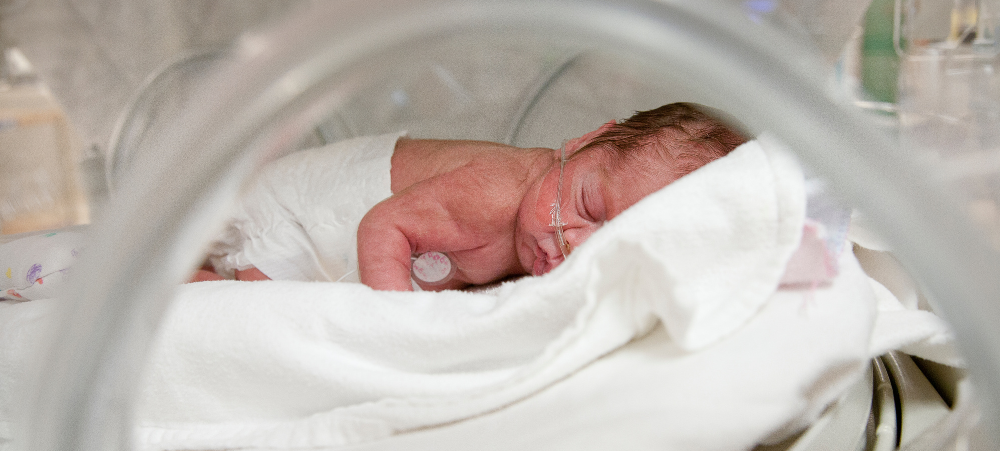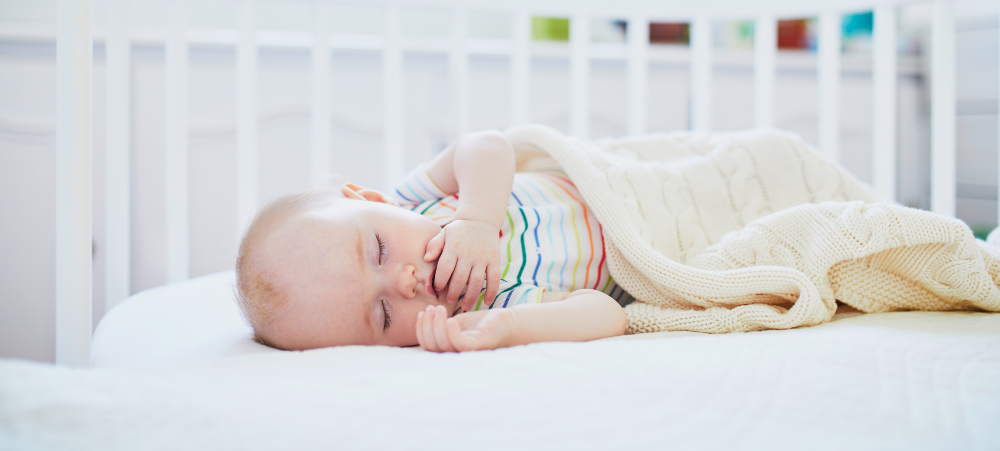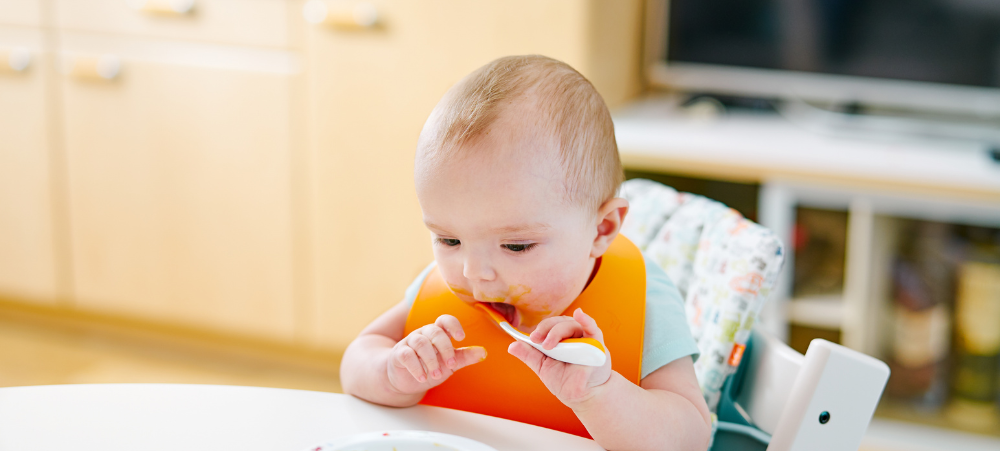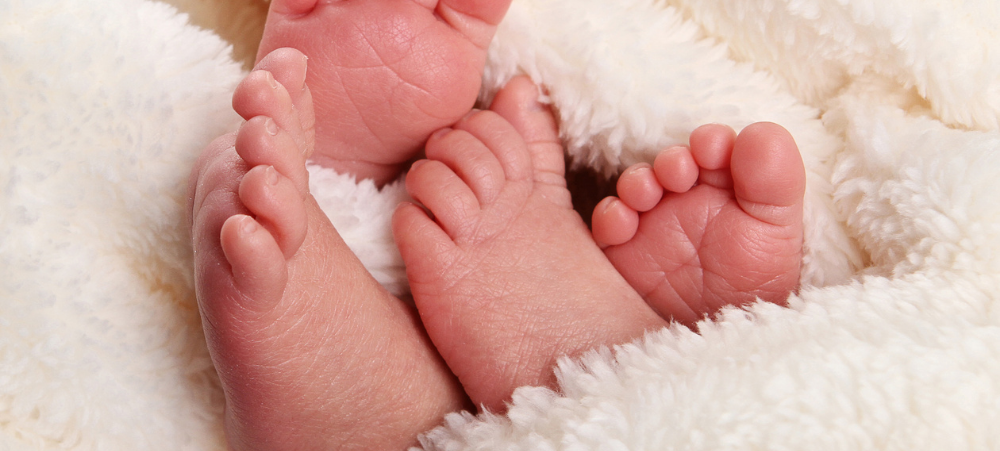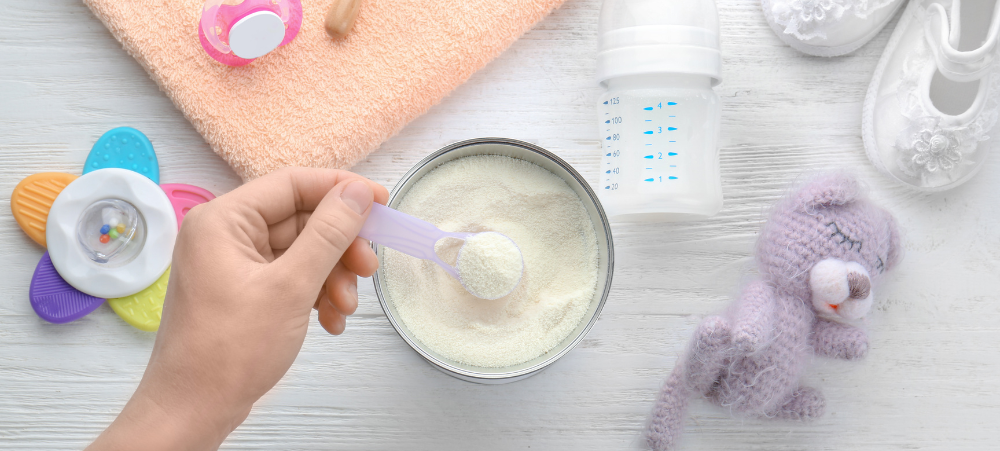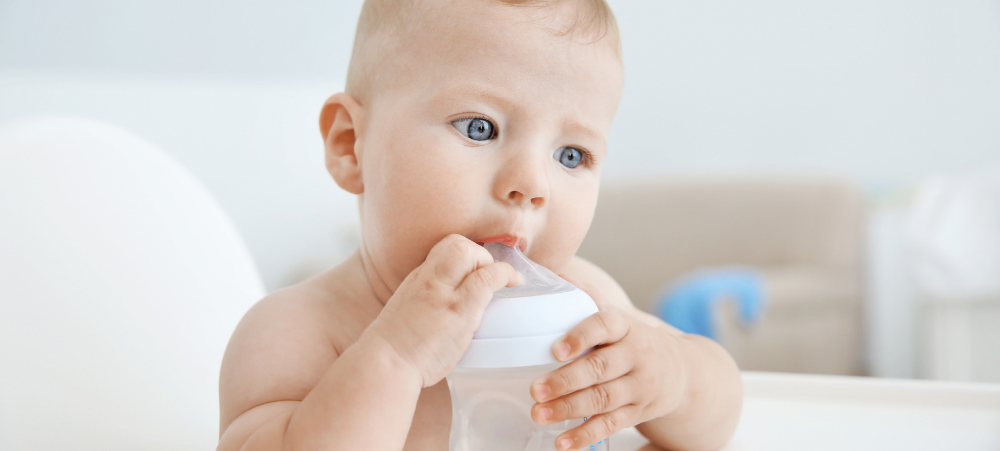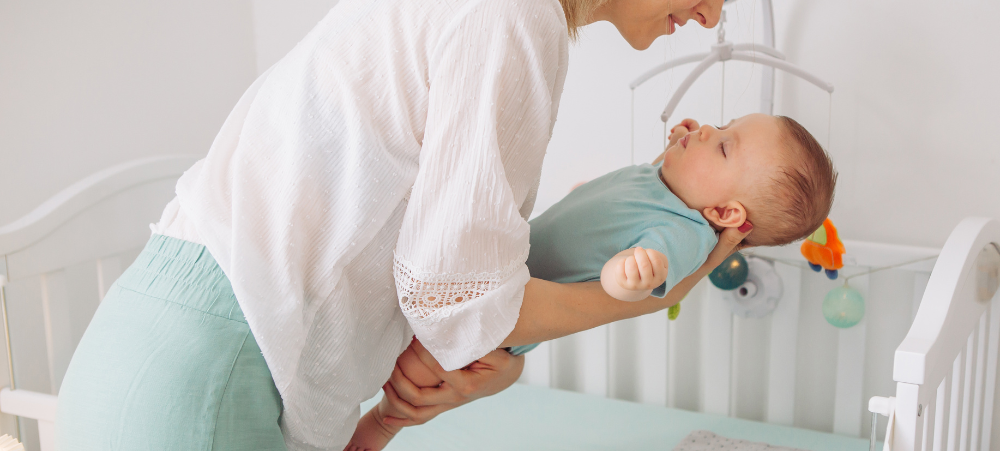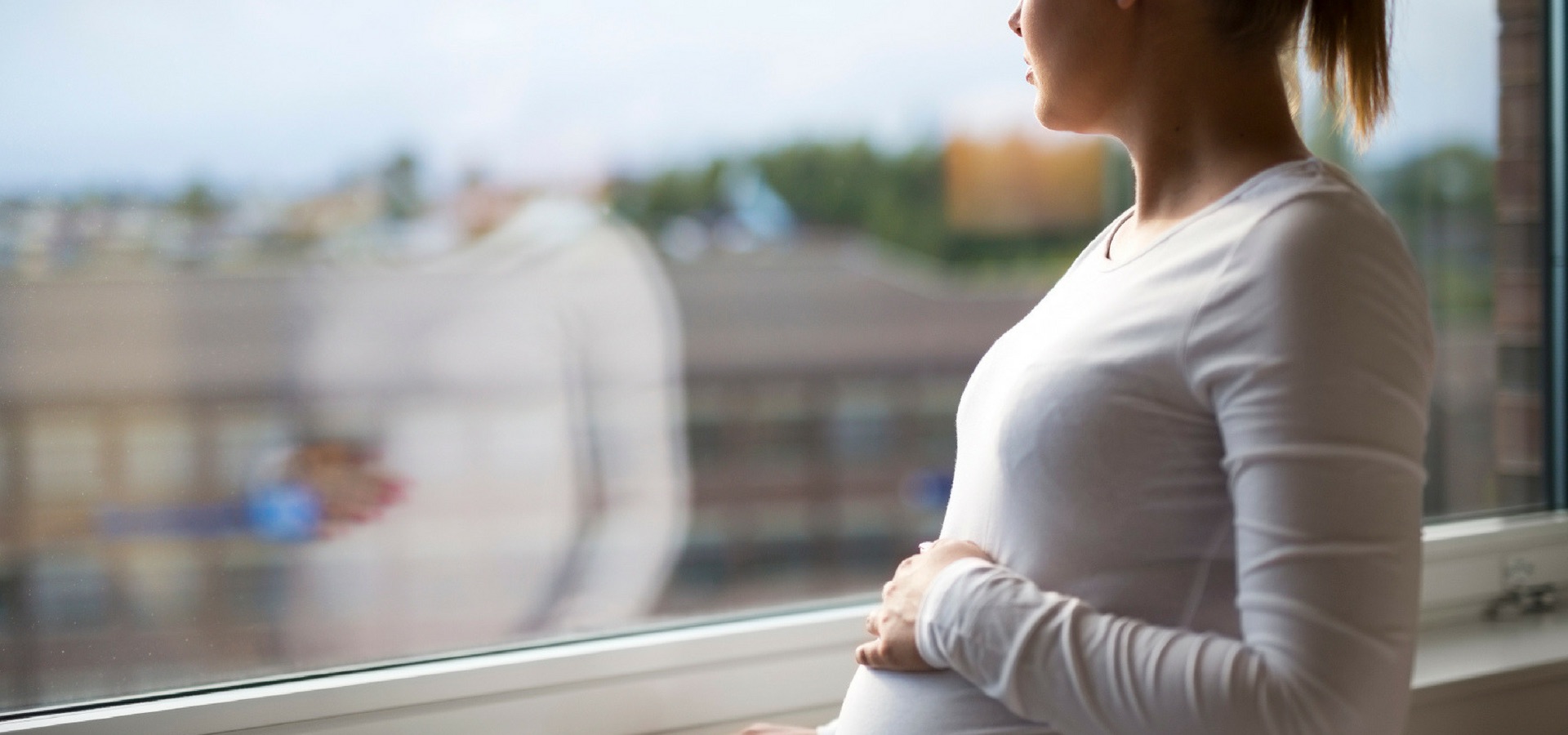
Depression And Anxiety During And After Pregnancy
Pregnancy is generally assumed to be a wonderful time in the life of a family, a time of abundance and anticipated joy. For some women however, pregnancy can be an extremely stressful time, with many women experiencing feelings of both depression and anxiety. It is well known that pregnant women need to take care of their bodies in order to foster the growth of a health baby. However, it is equally important for pregnant women to take care of their emotional well-being, as untreated depression and anxiety during and after pregnancy can have long term consequences for the whole family. This article addresses some of the important issues with regards to pregnancy and depression and anxiety, and offers some advice on how best to cope with depression and anxiety during pregnancy. Are there different forms of depression during pregnancy? Depression is a common problem amongst women, and is most common in women age 18 to 44. This is the time when many women fall pregnant and so it stands to reason that pregnancy and depression can often overlap. Depression can therefore take on several different forms during and after pregnancy. Some women will be depressed prior to falling pregnant and this will continue into their pregnancy and even after the birth of their child. Some women will only become depressed during pregnancy and this can continue once the baby is born (becoming what is classified as postnatal or postpartum depression). In fact, research has established that women who are depressed whilst they are pregnant are more likely to experience postnatal depression, making it important that women who are depressed during pregnancy seek help before their baby is born. Some women will be emotionally well during their pregnancy, but will suffer with postnatal depression after the birth of their baby. Postnatal depression does not necessarily occur immediately and can start up to eight weeks after the birth of a child. It is important to bear in mind that all forms of depression are treatable, and that there are many different forms of treatment available to pregnant women who are depressed. Depression during pregnancy can often go hand in hand with anxiety. This is not surprising, as the many changes that occur during pregnancy can be very stressful for many women. During the first trimester, many women become anxious that they will miscarry, or that something else will go wrong at this early stage of pregnancy. During the third trimester, many women can become anxious about the birth of their child, worrying about the birthing process itself as well as the enormous impact that having a baby will have on them and their relationships. Many first time mothers become anxious during pregnancy as they worry ability to take care of an infant. Research has also shown that it is common for women to become anxious before being discharged from hospital once the baby has been born. These are all normal concerns and should not be seen as abnormal or wrong. However, if these anxieties become too extreme, or they are coupled with feelings of depression, then it is important that they are addressed and treated during pregnancy, as women who are extremely anxious during pregnancy are also more likely to experience postnatal depression. Why does depression often go undiagnosed and untreated during pregnancy? During pregnancy women experience many physical changes which differ depending on the stage of pregnancy. It is not uncommon for pregnant women to feel extremely tired, especially during the first and third trimesters. It is also very normal for pregnant women to have a change in appetite, ranging for example from nausea and lack of appetite in the first trimester, to increased appetite in the second and third trimesters. In addition, many women who are pregnant experience changes in libido. These are all normal aspects of pregnancy and are certainly no cause for concern. However, these changes are also hallmarks of depression. For this reason, depression can often go undiagnosed during pregnancy as both women themselves, and doctors, do not recognise these physical changes as depression. Unfortunately, up depression in pregnant women is misdiagnosed up to 50% of the time. This does not mean that all pregnant women should become overly concerned with becoming depressed or worry that the physical changes that they experience during pregnancy could be depression. Whilst up to 70% of women will experience some feelings of depression during pregnancy, it is estimated that only between 5 and 10% of women will experience clinical depression during pregnancy. In addition, approximately 13% of women who give birth will experience some degree of postnatal depression. This means that most pregnant women will not encounter problems with depression at any stage of their pregnancy. However, it is important for the small proportion of women who become depressed during pregnancy to seek help. Importantly, pregnancy is generally a time when women have regular contact with health care providers, meaning that there are numerous opportunities to access treatment for depression and anxiety during pregnancy. How will I know if I am depressed? Two important signs of depression are feeling down, depressed or hopeless and feeling little interest or pleasure in things that were previously enjoyable. We can’t all be happy all of the time, but if these feelings persist for most of the day over a period of about two weeks, then it is likely that your doctor would need to consider the possibility that you are clinically depressed. Many pregnant women feel too ashamed or embarrassed to mention these feelings to their doctors or to their friends or family. Women often feel an enormous amount of pressure to maintain a ‘happy face’ as they believe that pregnancy is supposed to be a time of joy, not sadness. However, it is extremely important for depression during pregnancy to be treated as there may be long term effects of depression on the baby as well as on the relationship between the mother and the baby. Importantly, depression during pregnancy is also







